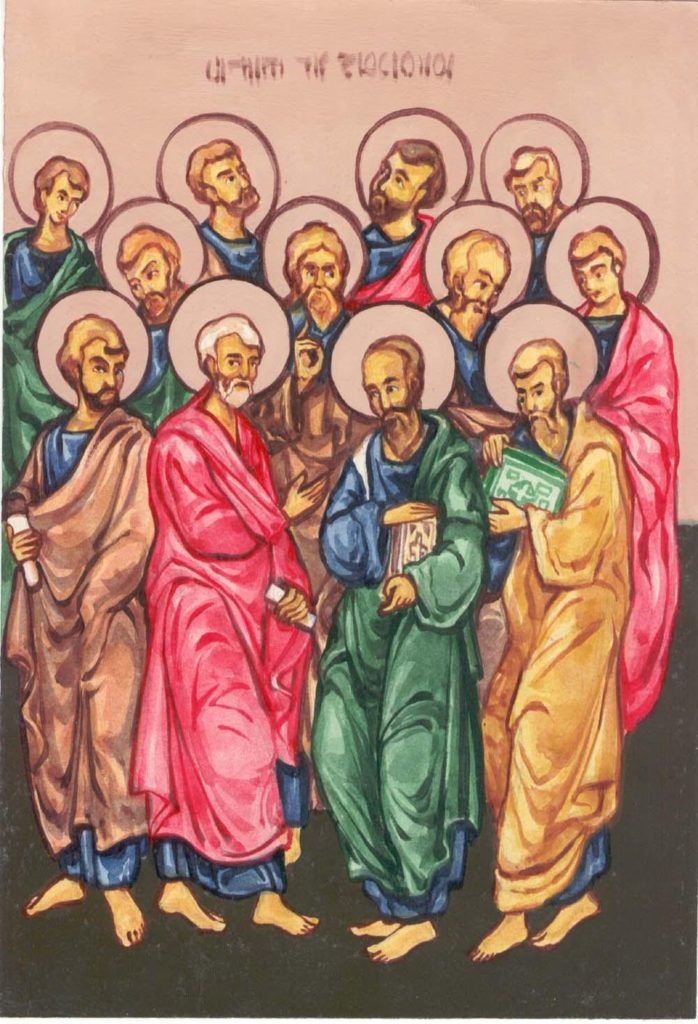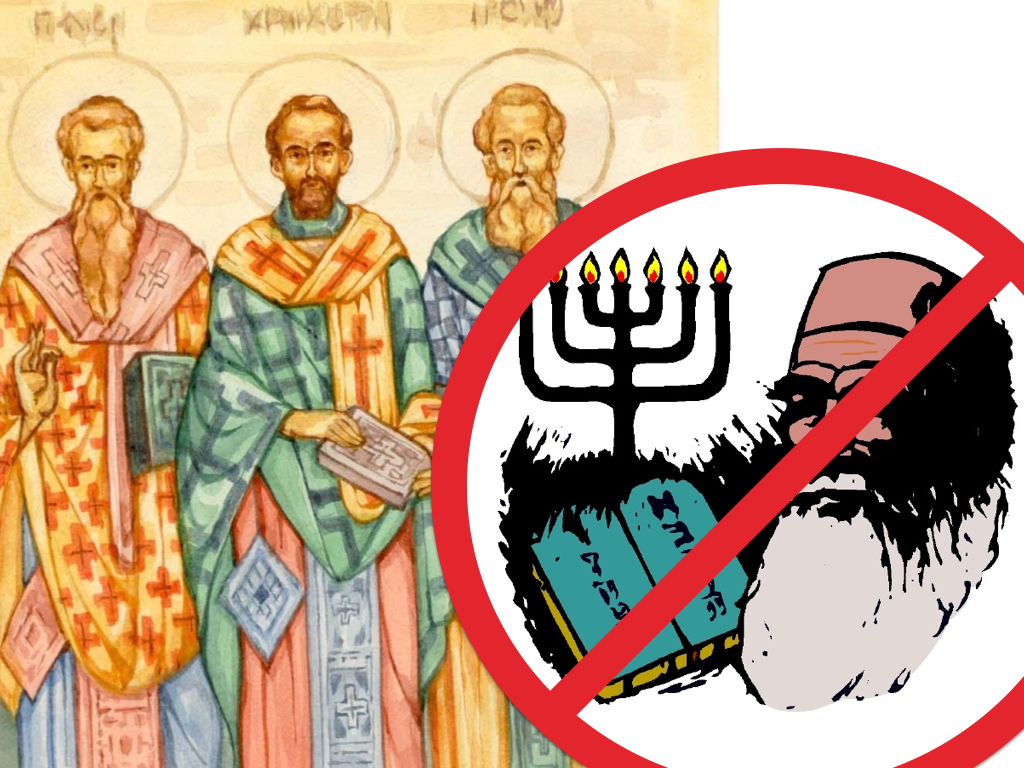
After the death of the last apostle, and as time went one, the early church fathers took on a more strident tone against the Jews and their beliefs including the law of Moses. Here are several examples of this:
Ignatius, Bishop of Antioch (98-117A.D.) – Epistle to the Magnesians
“For if we still live according to the Jewish law, and the circumcision of the flesh, we deny that we have received grace” (chap 8).
“Let us therefore no longer keep[ the Sabbath after the Jewish manner…But let every one of you keep the Sabbath after a spiritual manner…After the observance of the Sabbath, let every friend of Christ keep the Lord’s Day as a festival, the resurrection-day, the queen and chief of all the days [of the week]” (chap 9).
“It is absurd to speak of Jesus Christ with the tongue, and to cherish in the mind a Judaism which has now come to an end. For where there is Christianity there cannot be Judaism” (chap 10).
Epistle of Mathetes to Diognetus, chap 4 (A.D. 130)
“But as to their scrupulosity concerning meats, and their superstition as respects the Sabbath, and their boasting about circumcision,and their fancies about fasting and the new moons, which are utterly ridiculous and unworthy of notice” (chap 4)
Ignatius Bishop of Antioch (98–117A.D.) — Epistle to the Philadelphians
“But if any one preach the Jewish law unto you, listen not to him” (chap 6).
Ignatius Bishop of Antioch (98–117A.D.) — Epistle to the Philippians
“If anyone celebrates the Passover along with the Jews, or receives the emblems of their feast, he is a partaker of those that killed the Lord and his apostles” (chap 14).
Justin Martyr — Dialogue with Trypho (Between 138A.D. and 161 A.D.)
Justin claims that the Scriptures no longer belong to the Jews, but to the Christians, thus asserting anti-Semitic replacement theology (chap 29).
Historical Notes on Marcion of Sinope
Since the writings of Marcion of Sinope (c. 85 – c. 160; e.g. Antitheses or Contradictions) have been lost, Tertullian’s five books refuting Marcionism as recorded in Antitheses is our best source of information on Marcion’s teachings.
Continue reading


